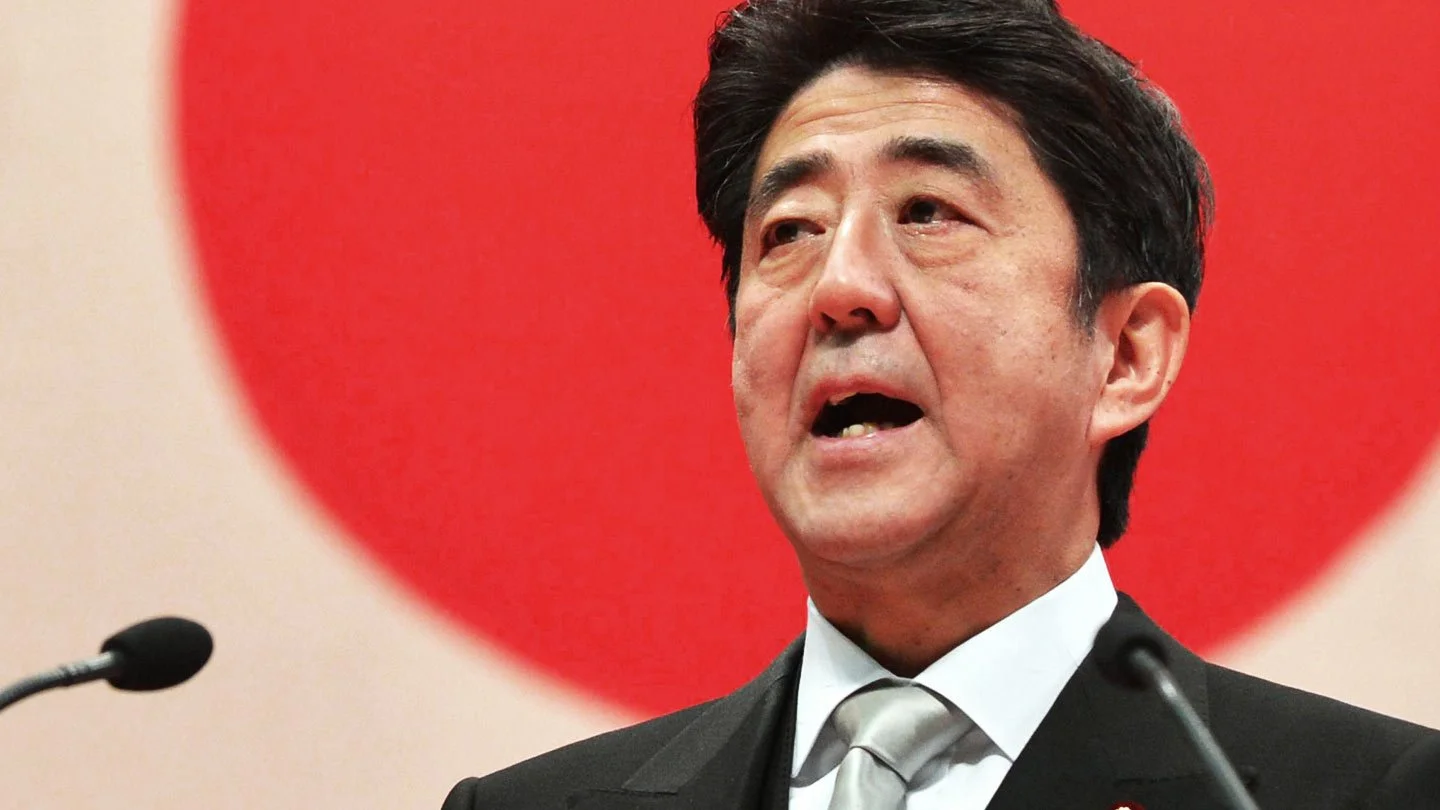The Politics of Nostalgia
Abeism, the article argues, is a dangerous political ideology rooted in Japanese militarism and "death worship," contrasting this elite nostalgia with the harsh reality of war.
Why "Abenomics" is a Euphemism for "Death Worship"
It’s not news that Abenomics should be called Abepolitics, even if it doesn't sound so good. But let’s be blunt about Abepolitics (ok, let’s call it Abeism—it does sound much better). Abeism is a potent ideology rooted in a deep-seated nostalgia for a romanticized version of Japan’s militaristic past. This isn't just about economics or even politics; it is, at its core, a form of death worship.
This political movement is driven by a whole class of people who harbor a profound resentment toward Japan's post-war regime. They feel branded as war-mongers, hate the shame of defeat, and see the Pacific War not as a foolish, reckless endeavor but as a justified conflict. They believe the war was justified by the actions of the US, the potential gains were worth the risk, and that Japan waged war just like everybody else. For them, the Japanese spirit reached its apogee during the war, and post-war capitalist society is nothing but a decadent, selfish disgrace in comparison.
At the heart of their reverence is the smiling Kamikaze pilot—the young man on the airfield, sake in hand, white scarf around his neck, samurai sword clasped under his arm. This combination of youth, weaponry, and imminent deathgives these old men and women a palpable thrill. It’s a macabre fantasy of a glorious, aesthetic death, perhaps a seppuku like that of the protagonist in Yukio Mishima’s film, where one's demise is a final act of elegant control, preferably after having sashimi’d their wife and children. This is the truly shudder-inducing aspect of their ideology. While some indignation against U.S. hypocrisy is understandable, it is this worship of death and the longing for the act of war itself—not just the unfulfilled objectives—that is so deeply repellent.
When we look for a comparison, we must turn to Germany. While Germany's post-WW2 apologies have been complex and at times insufficient, there is a fundamental difference. You don't find a large portion of the population clamoring for a return to the Third Reich. Germans, for the most part, have embraced pacifism, business, and consumerism. The neo-Nazi movement is small. In Japan, however, a significant and powerful elite seems to yearn for a return to a militaristic past, and this is where the politics of nostalgia becomes dangerous.
My own life provides a stark contrast to this mindset. My 82-year-old father-in-law was a child sent to a navy suicide school in 1945. He survived only because a U.S. bombing raid on Tokyo destroyed his barracks. He remembers watching with American prisoners of war as the city burned, and they cheered. He saw firsthand the brutal reality of war, not its romanticized version. He is a man who is kind to Westerners, anxious for reconciliation, and loathes right-wing tropes like emperor worship and militarism. It’s not surprising that it's often the ordinary Japanese people who are the most welcoming, while the traditional political elite is, frankly, the most racist.
This is the real nature of Abeism. It is a politics of longing—a longing for a glorious death that stands in stark contrast to the lived, painful reality of ordinary people. It’s a movement that cherishes a past that must be left behind, and a nostalgia that poses a real threat to the future.

